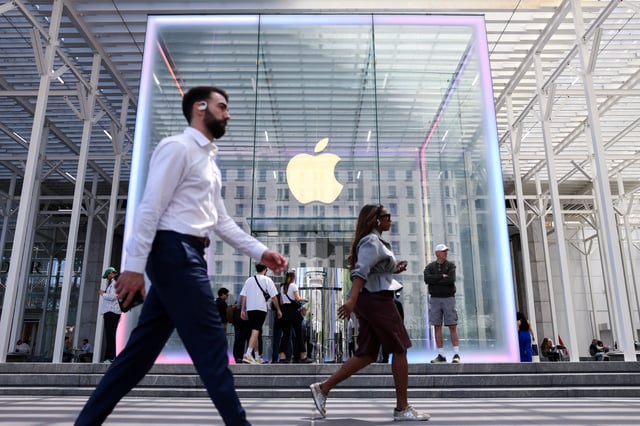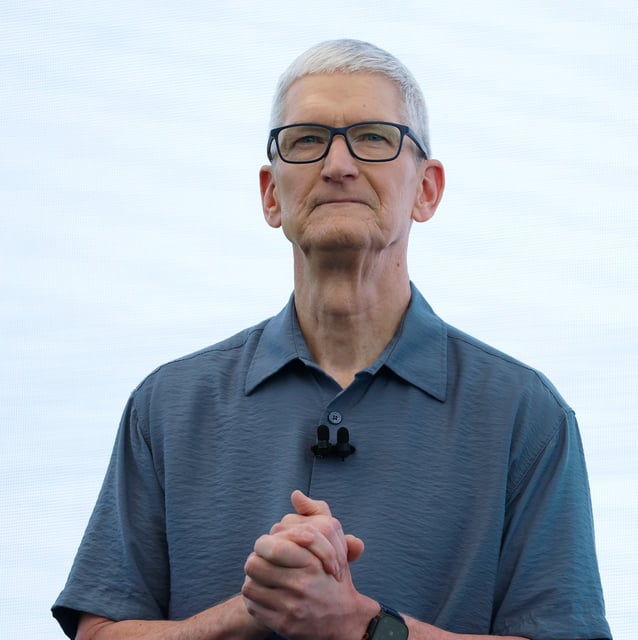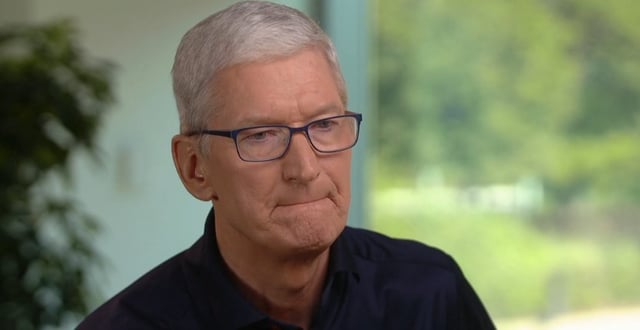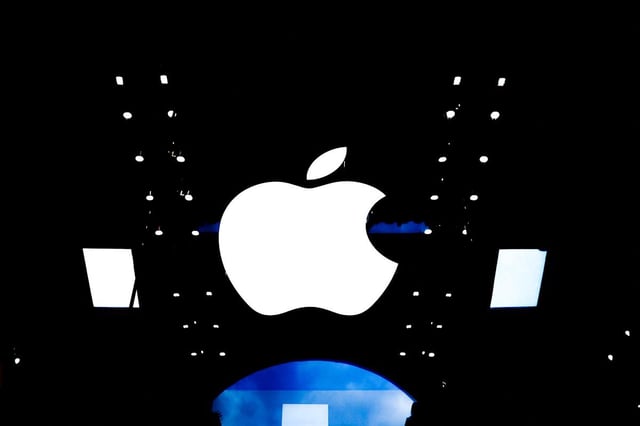Overview
- Judge Julien Neals ruled that the DOJ’s complaint sufficiently alleges Apple’s specific intent to monopolize the smartphone market by using device restrictions and fees to block competitors.
- The court’s ruling opens a discovery phase in which both sides will exchange documents, expert testimony and depositions.
- If unresolved by summary judgment, the case could proceed to trial as late as 2028, extending a multi-year antitrust battle.
- The DOJ contends Apple’s ecosystem controls—such as limits on third-party apps, smart watch compatibility and digital wallets—artificially inflate prices and stifle alternatives.
- Apple maintains its restrictions are essential for security and innovation and argues it faces robust competition from Samsung, Google and other smartphone makers.



